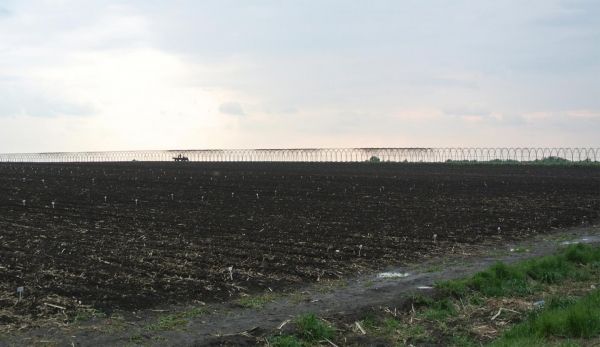Bountiful harvests in one location can mean empty water reservoirs and environmental woes far from farmlands. A unique study in this week’s Nature Communications examines how food, energy, water and greenhouse gases create a vast front in the battle to feed the planet.
Scientists at Michigan State University (MSU) and colleagues have used new sustainability science tools to understand how the increasingly irrigating farm fields to grow food reverberates through the biggest drivers of sustainability. Further, they show It’s not just the farmlands that shoulder environmental impacts. Effects are felt faraway as massive water redirects gobble energy and spew emissions. And the biggest reveal: Sometimes, it’s places that have no major stake in the plant-water-eat game that end up paying an environmental price.
“Ensuring food security while safeguarding the environment is one of the greatest challenges for the world today, yet as the world has become so globalized, it is an incredibly complicated process, and misunderstanding it or missing impacts can allow major setbacks in achieving sustainability,” said Jianguo “Jack” Liu, MSU Rachel Carson Chair in Sustainability. “We need to deploy the new ways of looking at the world in a way that embraces its complexity.”
So the scientists used the framework of metacoupling, which helps look not only at the irrigated farmlands, but also the massive projects to move water from one region to another. The metacoupling framework allows scientists from many different disciplines look at the interactions between socioeconomics and environmental forces – like climate change, diet change, irrigation technologies, crop planting strategies, water diversion -- both within and across borders.
Read more at Michigan State University
Image: Farming plots in northern China (Credit: Sue Nichols, Michigan State University Center for Systems Integration and Sustainability)


